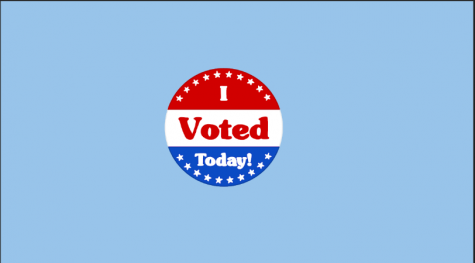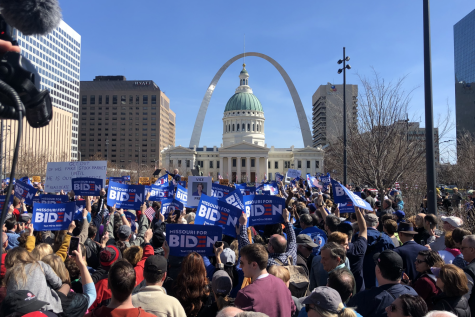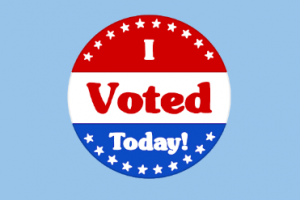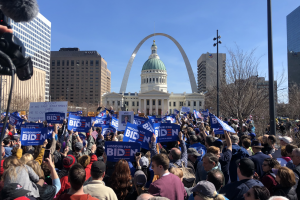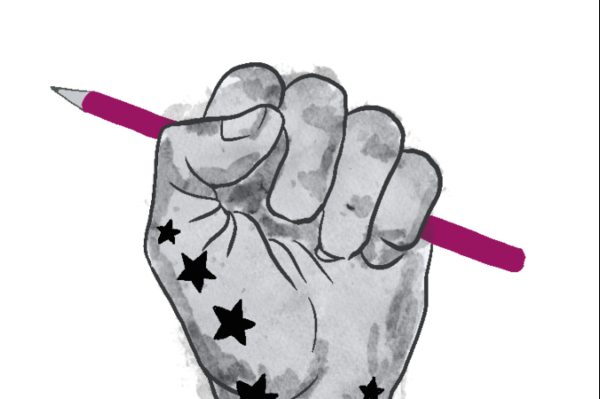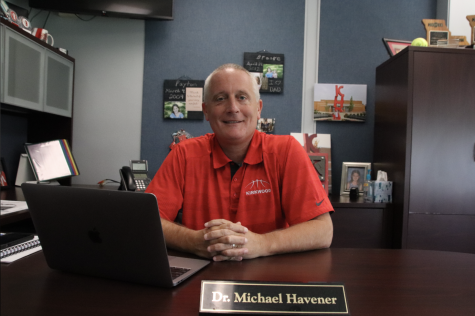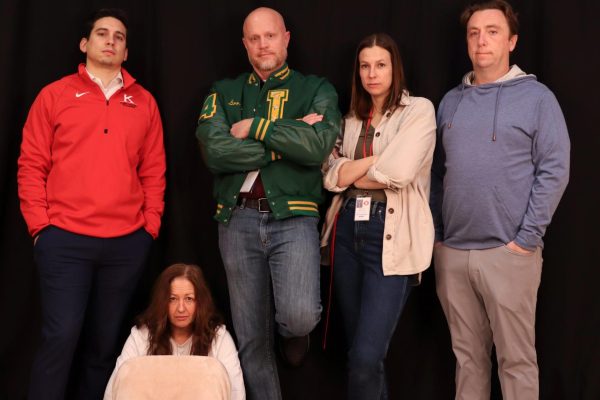Political Issue: In that order
The beliefs and experiences of the vice president are still a mystery to many Americans, but many of Pence’s activities in the office have been historic.
Donald Trump was down to just a few choices for his running mate in 2016. He was considering the former Speaker of the House, Newt Gingrich. Or perhaps it would be New Jersey Governor Chris Christie. And maybe, just maybe, Trump would select Mike Pence. Gingrich had name recognition, Christie had a personality similar to Trump’s, but what did Pence have?
Not too many people knew about the Indiana governor from the small town of Columbus. A CBS News poll revealed nearly 90% of Americans had no opinion on the potential running mate. But Trump decided against Gingrich’s reputation and Christie’s personality. Instead, it was Pence’s lesser-known name that found its way into Trump’s July 2016 tweet revealing his choice for the Republican party’s vice presidential nominee.
“[Mike Pence] is a man of character and accomplishment,” Trump said at the 2016 Republican National Convention. “He is the right man for the job.” [Mike Pence] is a man of character and accomplishment — Donald Trump
Four years later, Pence is the 48th Vice President of the United States and seeking four more years on the job. Unlike President Trump, Pence seldom garners much public attention, and as a result, the beliefs and experiences of the vice president are still a mystery to many Americans. In addition to the vice presidency, Pence has served in the House of Representatives and as the 50th Governor of Indiana. Pence continually describes himself as a “Christian, a conservative and a Republican, in that order,” most notably at the 2016 Republican National Convention, and has made sure that his decisions have always reflected that description.
Ironically, Pence’s inspiration to enter politics came from Democratic President John F. Kennedy, who like Pence, was Irish Catholic. While in high school, this influence led Pence to volunteer for the Bartholomew County Democratic Party. However, the 1980s brought changes for Mike Pence. In 1985, he married Karen Batten. They are still married today and have three children. Also during this time, the religious emphasis and patriotism of Ronald Reagan began to attract many Americans, including Pence. As a result, Pence would spend parts of the next two decades running unsuccessfully for Congress twice as a Republican and hosting the conservative talk show, “The Mike Pence Show.”
“[Reagan’s] ideals inspired me to leave the party of my youth and become a Republican,” Pence said during a speech at the Ronald Reagan Presidential Library. “His broad-shouldered leadership inspired my life.”
Pence began his governmental career in Congress, finally winning a seat in 2000. He served 12 years representing Indiana’s 2nd and 6th districts from 2001 to 2013. Voting with the Republican party 94% of the time, he earned a reputation as one of the most conservative members. In the House, fiscal conservatism was Pence’s central focus, continually insisting on federal budget cuts and opposing the 2008 bailout. However, Pence proved to be a fierce social conservative too, advocating for the defunding of Planned Parenthood.
“The future of conservatism begins with a commitment to the unalienable right to life,” Pence said at a 2008 Conservative Political Action Conference. “Without the right to life, there is no right to liberty or property.”

In 2012, Pence won a close race for Governor of Indiana against Democrat John R. Gregg. As Governor, he found himself near the top of almost every list of the most conservative Governors in America. He signed into law the largest tax cut in Indiana history and the Religious Freedom Restoration Act (RFRA), which allows people to claim a burden on their religious freedom as a legal defense. However, critics claimed the law would be used to discriminate against the LGBTQ community, and several corporations including Apple and the NCAA threatened to pull their business out of Indiana as a result. This pressure prompted Pence to approve an amendment to the law protecting people from discrimination based on sexual orientation. Still, Pence insisted the law was not discriminatory.
“The Religious Freedom Restoration Act was about religious liberty, not about discrimination,” Pence said in a 2015 news conference about the RFRA. “The Religious Freedom Restoration Act in Indiana does not give anyone the right to deny service to anyone in this state.”
Traditional values have guided Pence’s actions as vice president as well, but many of his activities in the office have been historic. Pence became the first vice president to speak at the “March for Life,” an anti-abortion demonstration. He also became the first vice president to cast a tie-breaking vote in the Senate to confirm a cabinet nomination. He voted in support of the confirmation of Secretary of Education Betsy DeVos, who faced resistance due to her lack of experience in public education. Pence has led the Trump administration’s response to the COVID-19 pandemic. His focus has been coordination between the federal, state and local governments to combat the virus.
“As we see the new cases rising, there may be a tendency among the American people to think that we’re in a time of great losses and great hardship on the American people,” Pence said at a task force briefing in June. “The reality is we’re in a much better place.”
Four years ago, Pence demonstrated little concern about whether or not he would be the vice presidential nominee, saying “God has a plan.” This time around, though, Pence believes it is urgent that a true “Christian, conservative and Republican, in that order” serves as vice president for the next four years.
“I think we all know the economy is on the ballot,” Pence said in his acceptance speech of the Republican vice presidential nomination during the 2020 Republican National Convention. “Law and order is on the ballot. Our most cherished ideals of freedom and free markets are on the ballot.”
Your donation will support the student journalists of Kirkwood High School. Your contribution will allow us to purchase equipment and cover our annual website hosting costs.

he/him
Favorite musical artist: The Beatles
Favorite quote:"If men were angels no government would be necessary."- James Madison
Favorite Pantone...

Interests: Art and music
Favorite food: Mac n cheese
Favorite quote: “Life is like a piano. White keys represent happy moments, and black keys represent...



